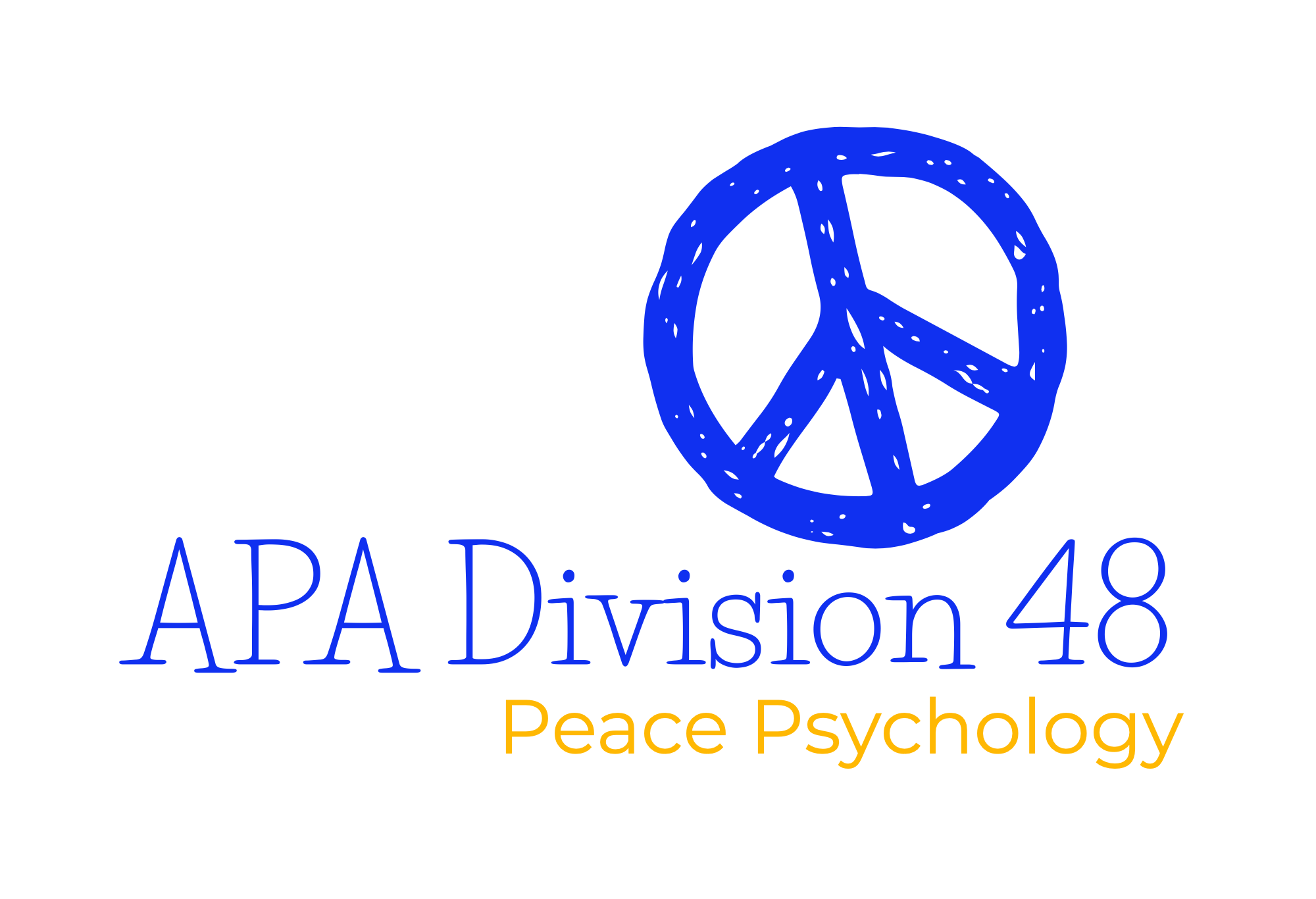Urmitapa Dutta, President-elect -- COMMENTS
My identity as a peace scholar and activist is shaped by my experiences growing up in the Northeastern borderlands of India, which has been dealing with protracted ethnic conflict, armed insurgency, and militarization.
Trained as a community psychologist, I identify as an interdisciplinary qualitative social scientist. This identity is shaped by the recognition that the complexities of the issues I study can only be effectively addressed by drawing disciplines together in innovative ways. I am broadly interested in issues of marginalization understood through a critical social justice agenda. Specifically, I am interested in understanding and addressing marginality where it is intimately connected to different forms of violence. This focus informs my research, teaching, and service interests. For eleven years, I have been engaged in community-based research and activism that moves away from security-driven discourses towards addressing endemic ethnic violence in Northeast India. This work informs my pedagogical efforts, using the classroom as a dynamic site for the exploration of everyday peace building.
Division 48 is critically positioned to globally engage issues of peace, violence, and human rights. My fellow members have contributed extensively to these areas through research, education, and policy advocacy. As a part of this community, I will actively advance these efforts. Building on recent presidential efforts, I want to expand the spectrum of what constitutes conflict, violence, and peace. Doing so requires a critical engagement with structural violence whereby social systems normalize conditions of injustice such as poverty, sickness, crime, and hunger. Structural violence is intricately tied to symbolic violence and assaults on human dignity. I will also facilitate new, collaborative initiatives that promote research, education, and advocacy to address structural and symbolic roots of conflict in diverse locales. I will support peace education as a means of collectively reimagining context-based approaches to peacebuilding, grounded in everyday lives.
